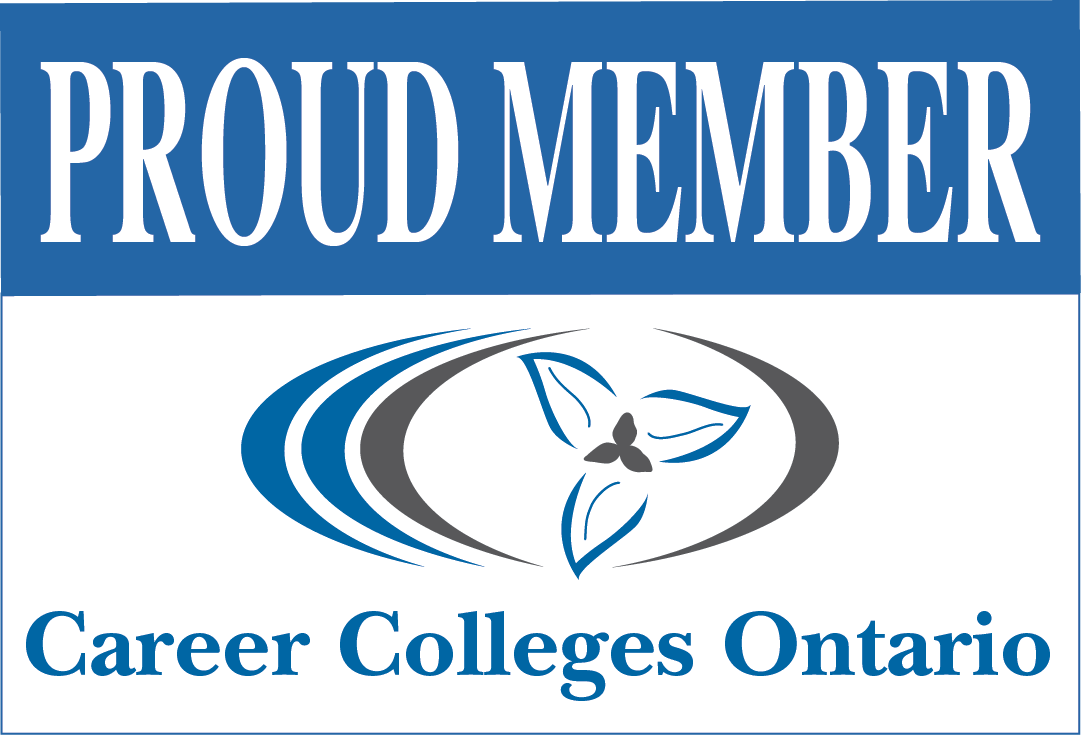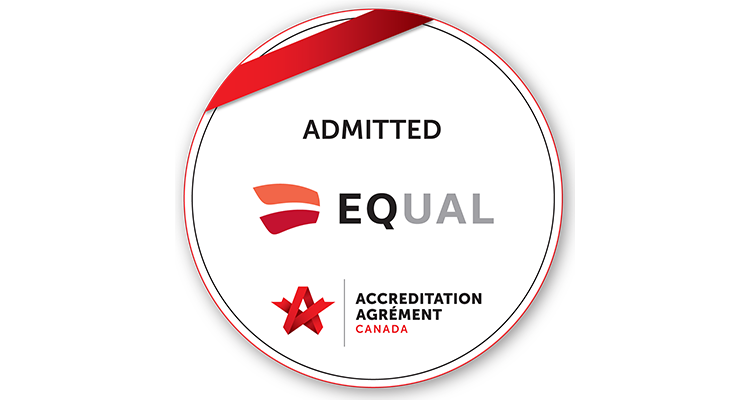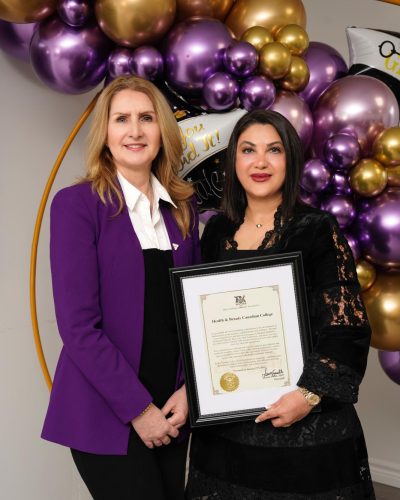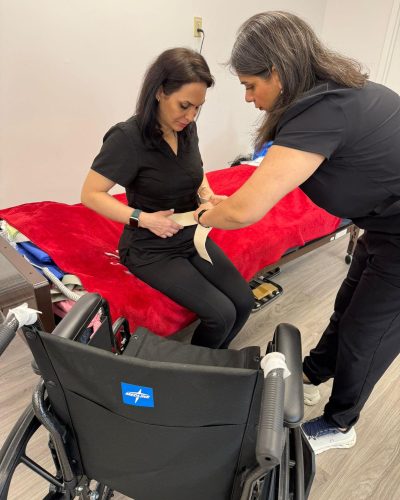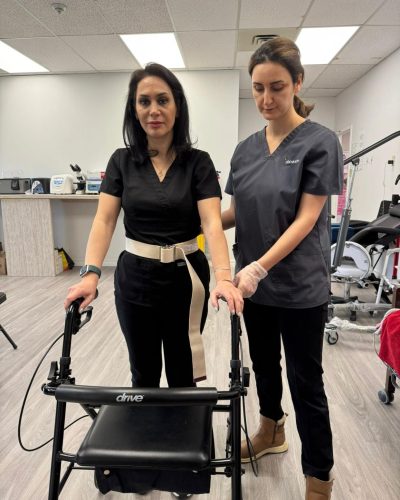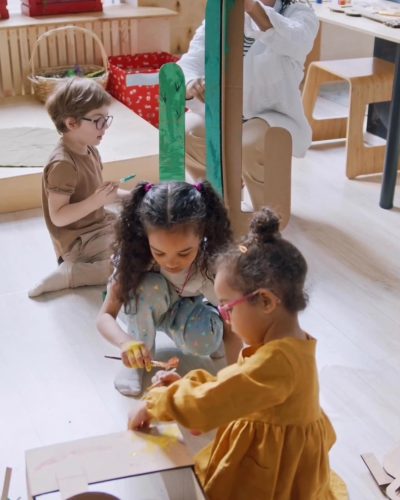We provide more detailed information on full time and part time Diploma and Certificate program and also tuition payment plans can be negotiated, for those who want to enter into the aesthetics world and industry Professionals who will flourish in the rapidly changing salon and spa market.
Health & Beauty Canadian College
Health and Beauty Canadian College (HBCC) is a registered under the Ontario Career Colleges Act, 2005. The College is dedicated to delivering approved vocational education and professional training in health, wellness, beauty, and personal services fields.
HBCC was established to prepare students for employment in regulated and non-regulated professions through structured academic instruction, hands-on training, and supervised practical experience. Our programs are designed in accordance with Ministry of Colleges and Universities (MCU) program standards and are delivered by qualified instructors with industry and teaching experience.
The College offers a range of diploma and certificate programs in areas such as:
Pharmacy Assistant
Each program is developed to ensure students acquire the technical competencies, professional ethics, infection-control practices, client safety standards, and workplace skills required for successful entry into the workforce.
